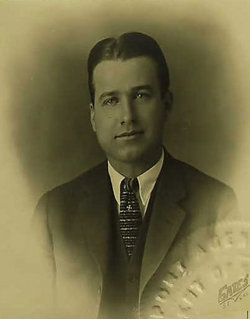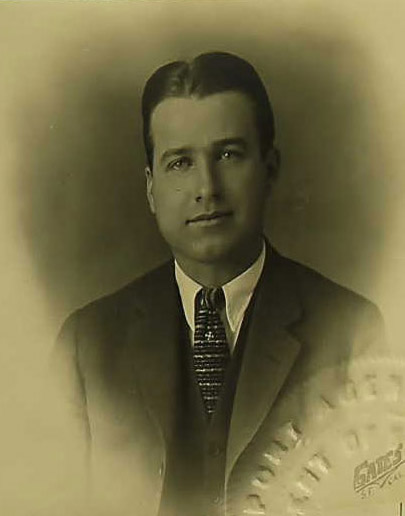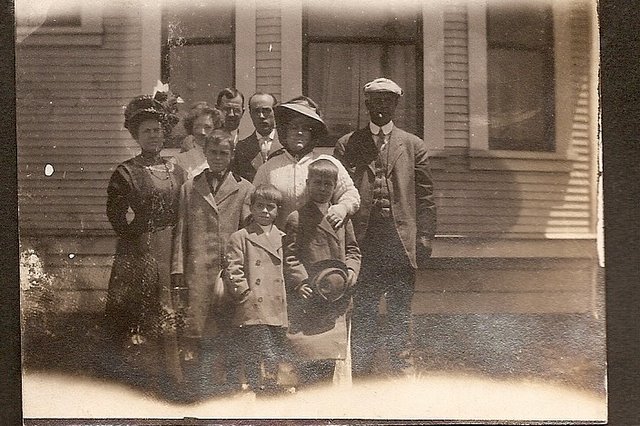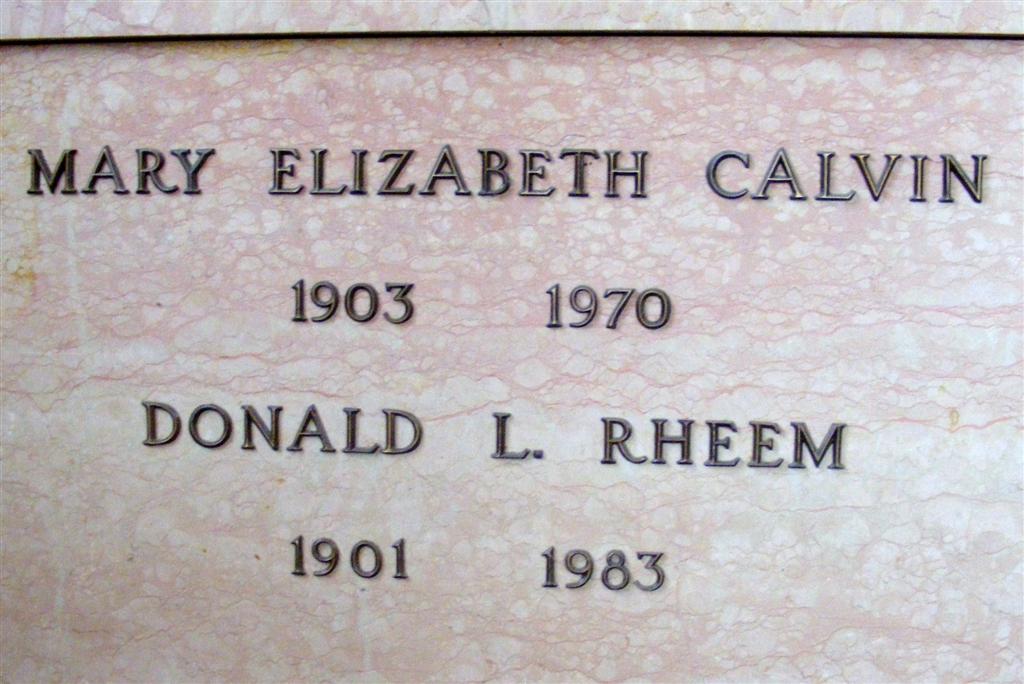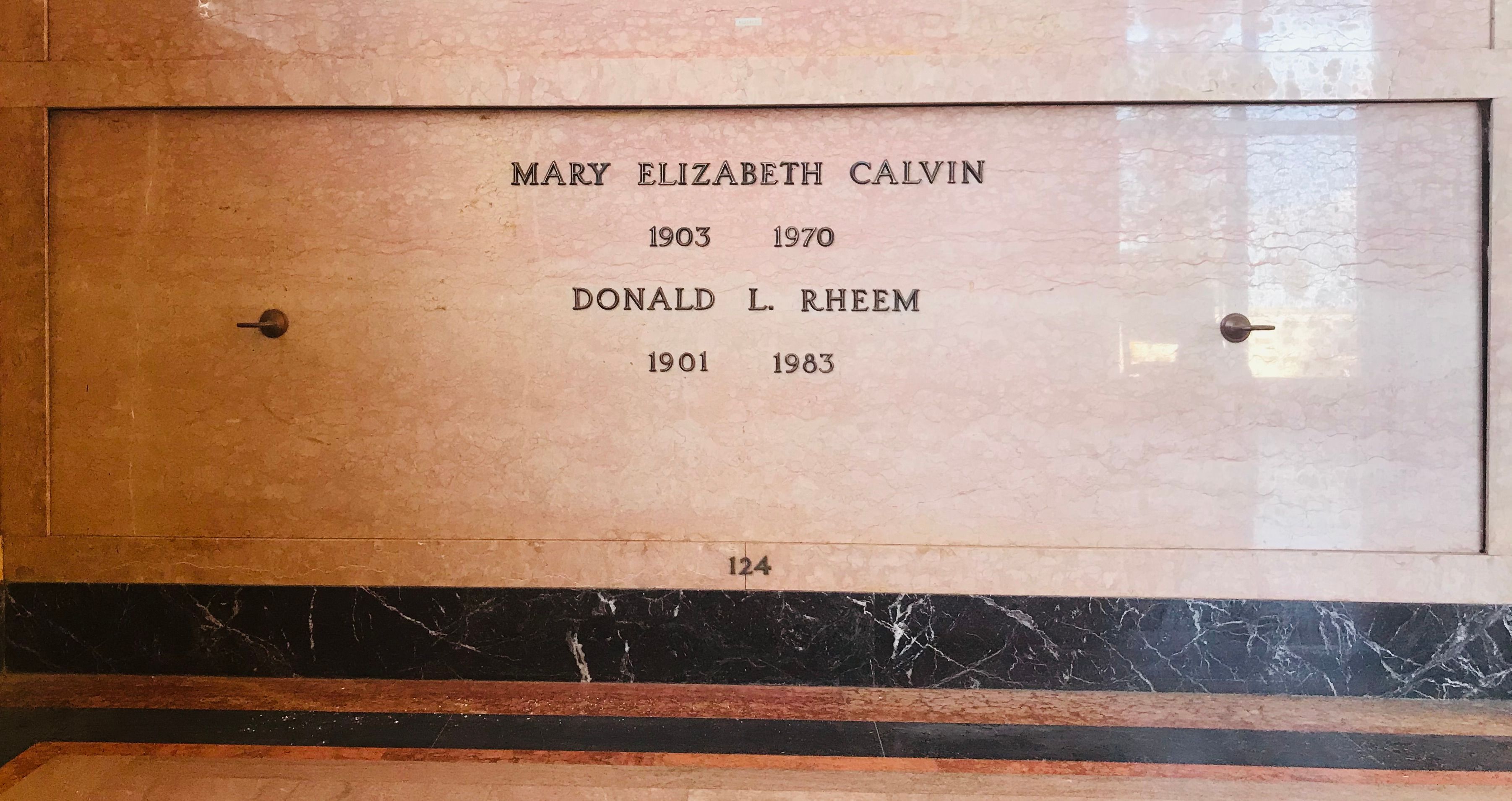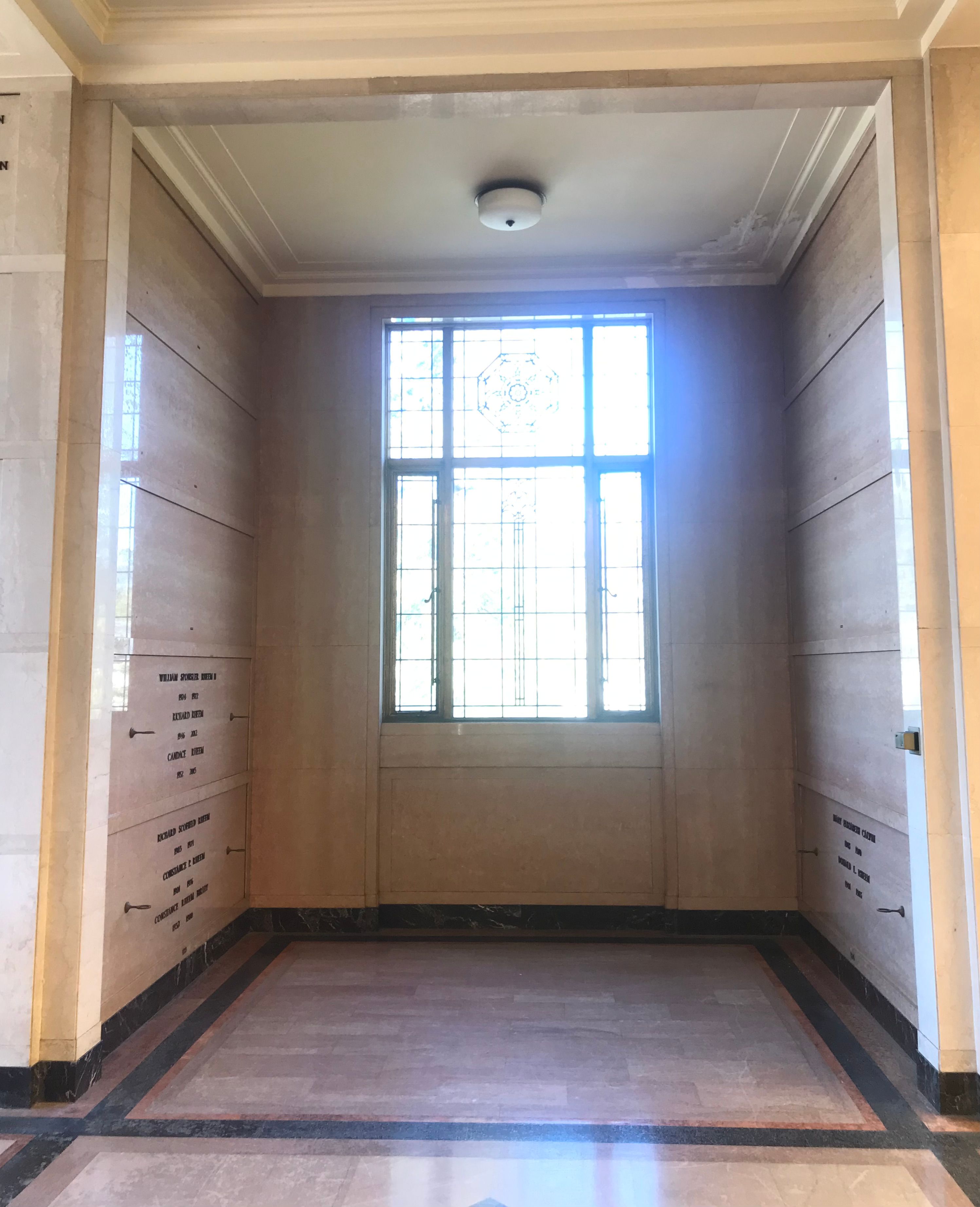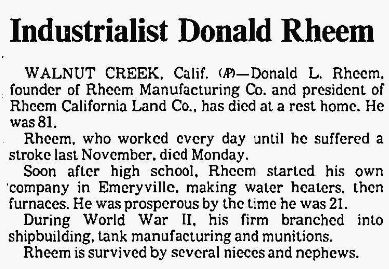Donald Rheem's grasp equaled his reach
9 May 2010
http://www.contracostatimes.com/nilda-rego/ci_15008122
Days Gone By: Donald Rheem's grasp equaled his reach throughout Moraga and Orinda
By Nilda Rego
Times correspondent
Posted: 05/09/2010 12:01:00 AM PDT
THE OAKLAND TRIBUNE ran a column in the mid 1950s called "Hometown." It focused on items on the east side of the hills separating Oakland from central Contra Costa County.
On June 6, 1957, the columnist called attention to a new community.
"Betcha didn't know there's a town of Rheem, California right over the hills beyond Moraga. Been there 18 months. That's what Uncle Sam named the post office out there at the shopping center Donald Rheem built for people to crown around — they do too, Rheems of them."
When Rheem planned his shopping center, he was sure it was in Moraga. And he planned to call his new complex the Moraga Center. Signs were made and installed. But town residents protested. They claimed the historical center of the town was two miles south of Rheem's construction.
Rheem discovered he could fit his own name on the sign, since it had five letters, while "Moraga" had six.
Then he went further. Instead of just a shopping complex, he would establish a new community. After all, he had bought a portion of the Moraga Rancho and had acres to develop for new homes. And even though there weren't a bunch of Rheemers or Rheemonites living on his acres at that time, he was able to get the post office to open a substation at the shopping center. Rheem would channel the substantial business mail from Rheem Mfg. Co. in Richmond through this substation. The new community of Rheem even got its own Zip code.
It wasn't Rheem's idea to come out to Moraga in 1934. He had a beautiful home and a comfortable life in Piedmont.
He and his brother Richard were doing well with a galvanizing company they started in 1925 in Oakland.
The Rheems inherited their business talents from their father, William S. Rheem, who built the Standard Oil refinery in Richmond.
However, they probably didn't inherit a big fortune. When Donald Rheem went into business with his brother, he borrowed from his mother-in-law.
A native of Alameda, Donald had grown up in Oakland and graduated from University High School. He never went to college, perhaps because his father dropped dead in a Santa Cruz restaurant when Donald was 18.
While Donald Rheem may have been content living in what was basically his hometown, his wife was not.
Alice Goodfellow Rheem liked horses. She loved to ride. The couple had no children, and later she would say her horses were her children.
Rheem acquired 16 acres and a three-bedroom house in remote Moraga in December 1934 and gave his wife the one Christmas present she wanted — a place where she could keep and ride horses.
At first Rheem regarded Moraga as his summer home. But within a few years he spent $750,000 on a new wing, a five-car garage, stable, horse track, servants' quarters and a classical pool complex reminiscent of the one built by William Randolph Hearst at San Simeon.
The Rheems were generous when it came to lending their home. They allowed Navy fliers to use their pool while they were training at Saint Mary's College during World War II. They also let the Moraga schools' parents club use the grounds for fundraisers.
As Rheem Manufacturing prospered, Donald Rheem and his brother took turns as chairman of the board. Another brother, William Kenneth Rheem, also was listed on the board of directors, but took little part in the business.
By 1938, Rheem Manufacturing had plants in Southern California and Texas making galvanized barrels, tanks, hot-water heaters and stoves.
During World War II, the company built ships in Rhode Island and manufactured aircraft parts in Southern California and munitions in Richmond.
The company operated plants in 20 countries and generated more than $45 million a year by 1945.
In 1937, Rheem entered the development business. He bought land at the Orinda Crossroads and built his first commercial center, which included the Orinda Theatre, a bank, offices and stores. He then turned his interest to Moraga.
He carved out the kind of town he wanted. He built roads and gave the town a fire station and land for an elementary school.
"The development program of Don Rheem was different than most," James Dalton told members of the Moraga Historical Society on Nov. 14, 1968.
"He opened a shopping center in what was the middle of a cow pasture without any customers immediately adjoining. His feeling was that if you first create a shopping area, housing will naturally follow. And follow it did," said Dalton, who managed the Rheem California Land Co.
Rheem's pet project in the center was the theater. Before it opened on June 12, 1957, he spent $750,000 on it. "Every seat a loge," read the newspaper advertisement for theater's movies.
Rheem's wife died of cancer the year before the theater opened. Five years later, he put his Moraga estate up for sale.
Peculiarly, even though he had lavished money, time and attention on his buildings, he didn't seem to care what happened to them after he was through with them.
"What do they want with that white elephant?" he said when he discovered the Christian Brothers wanted to buy his Moraga estate, according to the late Brother Dennis Goodman, Saint Mary's College archivist and Moraga historian. The order later sold the estate to the Town of Moraga.
When someone told him that the Orinda Theatre he had built might be demolished, he reportedly commented, "That's progress." In December 1982, Rheem had a stroke and died the following January.
Nilda Rego's Days Gone By appears Sunday in A&E. Reach her at [email protected].
Donald Rheem's grasp equaled his reach
9 May 2010
http://www.contracostatimes.com/nilda-rego/ci_15008122
Days Gone By: Donald Rheem's grasp equaled his reach throughout Moraga and Orinda
By Nilda Rego
Times correspondent
Posted: 05/09/2010 12:01:00 AM PDT
THE OAKLAND TRIBUNE ran a column in the mid 1950s called "Hometown." It focused on items on the east side of the hills separating Oakland from central Contra Costa County.
On June 6, 1957, the columnist called attention to a new community.
"Betcha didn't know there's a town of Rheem, California right over the hills beyond Moraga. Been there 18 months. That's what Uncle Sam named the post office out there at the shopping center Donald Rheem built for people to crown around — they do too, Rheems of them."
When Rheem planned his shopping center, he was sure it was in Moraga. And he planned to call his new complex the Moraga Center. Signs were made and installed. But town residents protested. They claimed the historical center of the town was two miles south of Rheem's construction.
Rheem discovered he could fit his own name on the sign, since it had five letters, while "Moraga" had six.
Then he went further. Instead of just a shopping complex, he would establish a new community. After all, he had bought a portion of the Moraga Rancho and had acres to develop for new homes. And even though there weren't a bunch of Rheemers or Rheemonites living on his acres at that time, he was able to get the post office to open a substation at the shopping center. Rheem would channel the substantial business mail from Rheem Mfg. Co. in Richmond through this substation. The new community of Rheem even got its own Zip code.
It wasn't Rheem's idea to come out to Moraga in 1934. He had a beautiful home and a comfortable life in Piedmont.
He and his brother Richard were doing well with a galvanizing company they started in 1925 in Oakland.
The Rheems inherited their business talents from their father, William S. Rheem, who built the Standard Oil refinery in Richmond.
However, they probably didn't inherit a big fortune. When Donald Rheem went into business with his brother, he borrowed from his mother-in-law.
A native of Alameda, Donald had grown up in Oakland and graduated from University High School. He never went to college, perhaps because his father dropped dead in a Santa Cruz restaurant when Donald was 18.
While Donald Rheem may have been content living in what was basically his hometown, his wife was not.
Alice Goodfellow Rheem liked horses. She loved to ride. The couple had no children, and later she would say her horses were her children.
Rheem acquired 16 acres and a three-bedroom house in remote Moraga in December 1934 and gave his wife the one Christmas present she wanted — a place where she could keep and ride horses.
At first Rheem regarded Moraga as his summer home. But within a few years he spent $750,000 on a new wing, a five-car garage, stable, horse track, servants' quarters and a classical pool complex reminiscent of the one built by William Randolph Hearst at San Simeon.
The Rheems were generous when it came to lending their home. They allowed Navy fliers to use their pool while they were training at Saint Mary's College during World War II. They also let the Moraga schools' parents club use the grounds for fundraisers.
As Rheem Manufacturing prospered, Donald Rheem and his brother took turns as chairman of the board. Another brother, William Kenneth Rheem, also was listed on the board of directors, but took little part in the business.
By 1938, Rheem Manufacturing had plants in Southern California and Texas making galvanized barrels, tanks, hot-water heaters and stoves.
During World War II, the company built ships in Rhode Island and manufactured aircraft parts in Southern California and munitions in Richmond.
The company operated plants in 20 countries and generated more than $45 million a year by 1945.
In 1937, Rheem entered the development business. He bought land at the Orinda Crossroads and built his first commercial center, which included the Orinda Theatre, a bank, offices and stores. He then turned his interest to Moraga.
He carved out the kind of town he wanted. He built roads and gave the town a fire station and land for an elementary school.
"The development program of Don Rheem was different than most," James Dalton told members of the Moraga Historical Society on Nov. 14, 1968.
"He opened a shopping center in what was the middle of a cow pasture without any customers immediately adjoining. His feeling was that if you first create a shopping area, housing will naturally follow. And follow it did," said Dalton, who managed the Rheem California Land Co.
Rheem's pet project in the center was the theater. Before it opened on June 12, 1957, he spent $750,000 on it. "Every seat a loge," read the newspaper advertisement for theater's movies.
Rheem's wife died of cancer the year before the theater opened. Five years later, he put his Moraga estate up for sale.
Peculiarly, even though he had lavished money, time and attention on his buildings, he didn't seem to care what happened to them after he was through with them.
"What do they want with that white elephant?" he said when he discovered the Christian Brothers wanted to buy his Moraga estate, according to the late Brother Dennis Goodman, Saint Mary's College archivist and Moraga historian. The order later sold the estate to the Town of Moraga.
When someone told him that the Orinda Theatre he had built might be demolished, he reportedly commented, "That's progress." In December 1982, Rheem had a stroke and died the following January.
Nilda Rego's Days Gone By appears Sunday in A&E. Reach her at [email protected].
Family Members
Sponsored by Ancestry
Advertisement
Advertisement
